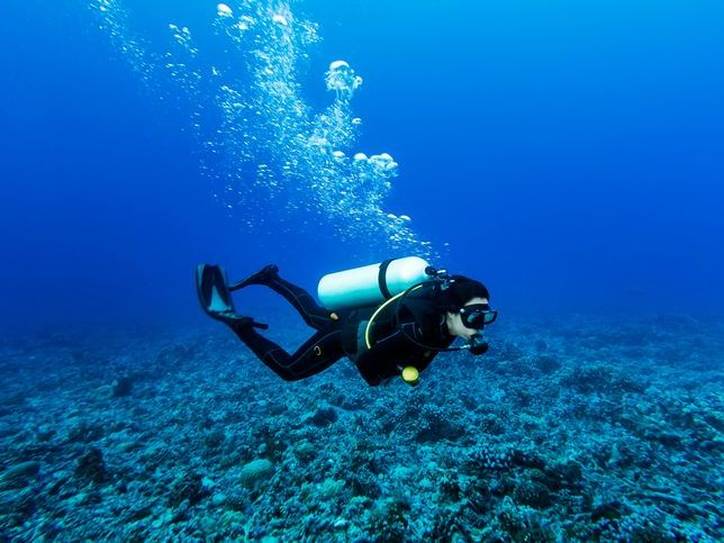
Dive mastery is essential, but a daring spirit isn’t enough, to unlock the mysteries of the underwater world. Whether you’re a beginner or an experienced diver, understanding dive gear is crucial for a safe and enjoyable underwater experience. From essentials to advanced equipment, let’s dive into what every diver needs to know about their gear.
The Essentials:
1. Mask:
Your mask is your window to the underwater world. It should fit snugly yet comfortably, creating a watertight seal around your eyes and nose. Find a mask that fits comfortably and has tempered glass lenses for long-term protection. Anti-fog coatings can also help maintain visibility during your dive.
2. Fins:
Fins allow you to move efficiently through the water with minimal effort. There are a variety of styles available, including those with open heels and those with complete feet. Choose fins that match your diving environment and preferences, whether you’re exploring reefs, navigating currents, or diving in colder waters.
3. Snorkel:
While not always necessary for every dive, a snorkel is handy for surface swimming and conserving energy between dives. Look for a snorkel with a comfortable mouthpiece and a streamlined design to minimize drag in the water.
4. Wetsuit:
A wetsuit provides thermal insulation and protection against abrasions and stings from marine life. Thickness varies depending on water temperature, with thinner suits suitable for warmer waters and thicker suits for colder conditions. Proper fit is essential for maximum warmth and flexibility.
5. BCD (Buoyancy Control Device):
The BCD allows you to control your buoyancy underwater by adding or releasing air from an integrated or attached tank. Choose a BCD with sufficient lift capacity to comfortably support your gear and body weight. Features like integrated weights and multiple attachment points can enhance convenience and customization.
6. Regulator:
The regulator delivers air from your tank to your lungs at the appropriate pressure for breathing. Look for a regulator with reliable performance, comfortable mouthpieces, and balanced second stages for smooth inhalation. Regular maintenance is essential to ensure optimal function and safety.
7. Dive Computer:
A dive computer monitors your depth, time, and nitrogen levels, helping you avoid decompression sickness and plan safe dive profiles. Consider factors like display readability, dive modes, battery life, and additional features like air integration and wireless connectivity.
Advanced Equipment:
1. Dive Lights:
Dive lights illuminate dark environments and enhance visibility during night dives or exploration of caves and wrecks. Choose lights with appropriate brightness, beam width, and battery life for your diving conditions and preferences.
2. Underwater Camera:
Capture the beauty of the underwater world with an underwater camera or housing for your existing camera. Consider factors such as resolution, durability, underwater housing compatibility, and ease of use when selecting a camera for diving.
3. Dive Knives:
Dive knives are essential tools for cutting through entanglements, freeing trapped marine life, and signaling in emergency situations. Look for knives with rust-resistant materials, serrated edges, and secure attachment options for safe and convenient storage.
4. Dive Watches:
Dive watches provide accurate timekeeping and often include features such as water resistance, depth gauges, and dive log capabilities. Choose a watch with robust construction, legible dials, and appropriate water resistance ratings for your diving activities.
5. Dive Bags:
Dive bags keep your gear organized, protected, and easily transported between dives. Look for bags with durable materials, ample storage space, padded compartments, and convenient carrying options such as backpack straps or wheels.
Maintenance And Care:
Your dive gear will last longer and function better if you take the time to properly maintain it. Rinse your equipment with fresh water after each dive to remove salt, sand, and debris that can cause damage or corrosion. To make sure you have safe diving experiences, check your gear often for damage or signs of wear and fix any problems right once.
Conclusion:
Dive Newcastle dive gear is critical in your underwater adventures, providing comfort, safety, and functionality beneath the waves. By understanding the essentials and selecting the right equipment for your diving activities, you can enhance your dive experiences and explore the wonders of the ocean with confidence. If you want your gear to last until your next dive without breaking, you need to give it the attention it deserves.


